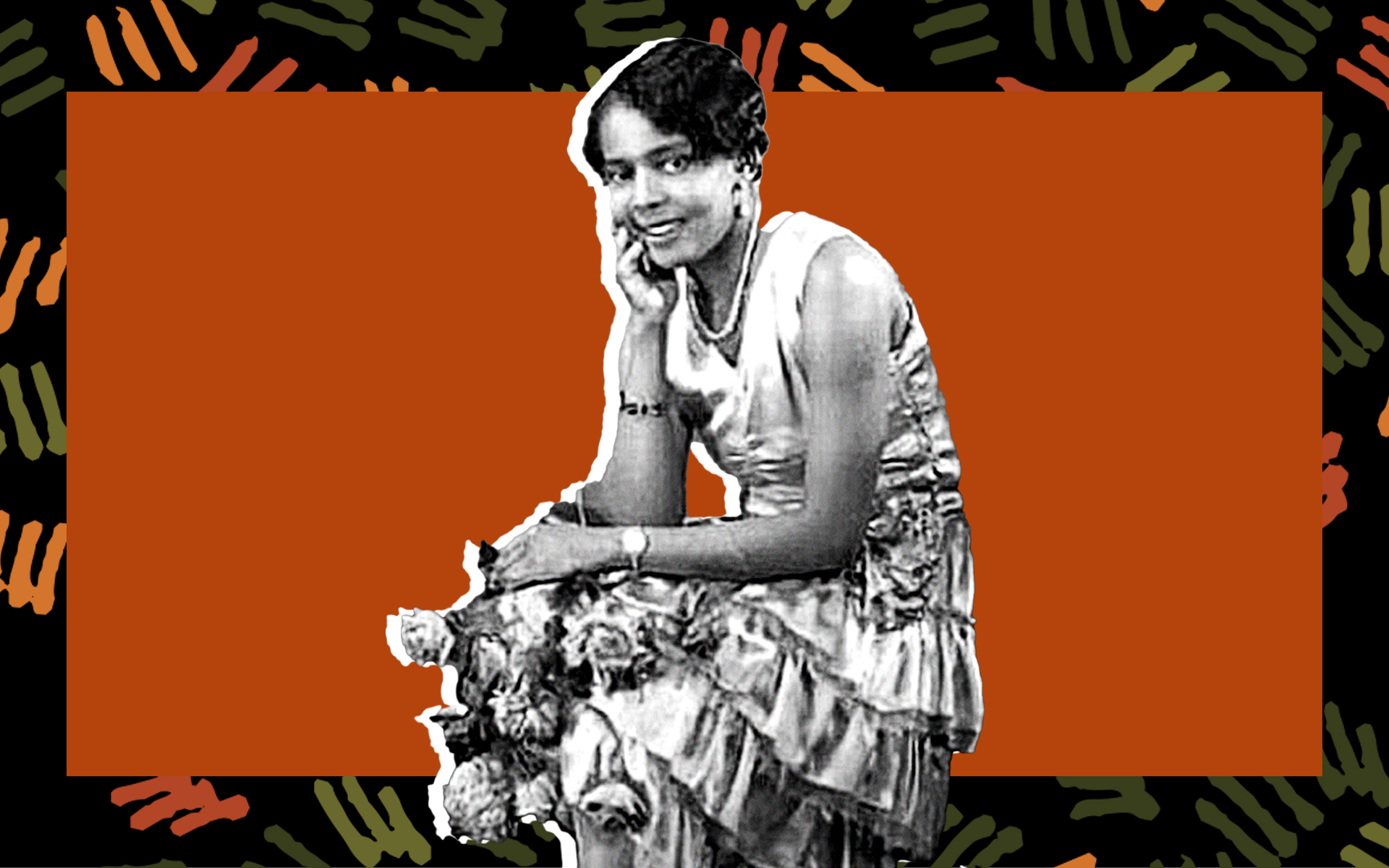Note: This article is part of Blavity's #MakingHistoryWhileBlack Black History Month series, where we highlight unsung historical Black figures whose personal stories are deserving of more prominence.
Since her first appearance in the 1930 cartoon Dizzy Dishes, Betty Boop has become a ubiquitous figure in pop culture. The sexy yet innocent-appearing cartoon character has been featured in various comic strips, cosmetic lines and shops that continue to make merchandise from her likeness. Betty Boop was also an icon for women’s sexual empowerment. With her short, black hair, slender figure and high-pitched voice, American audiences regarded Betty Boop as one of the first animated sex symbols whose style would influence future generations.
In 2002, Betty Boop was ranked 17 on TV Guide’s “50 Greatest Cartoon Characters of All Time” list. However, what’s often missing from Betty Boop’s story is how Esther Jones, a Black jazz singer, inspired the legendary animation.
Unsurprisingly, the revelation came when a white woman tried to seek legal compensation for Jones’ persona. Jones, aka Baby Esther, was a favorite among Harlem’s jazz scene during the 1920s, and particularly popular for performing at the historic Cotton Club. She sang in the tone of a baby, hence her nickname, which made her stand out to audiences. Jones was also known for her “boop-a-doop” scatting style, which was seemingly the inspiration behind Betty Boop’s usage of the same sound.
To this day, not much verified information or pictures regarding Esther Jones exist. Details about her career as a jazz singer during the Harlem Renaissance are as scarce as the information concerning her life. She was almost forgotten and cultural theft tainted her legacy. Helen Kane, on the other hand, became a popular white vaudeville singer with a persona strikingly similar to Jones.
Kane was also known for her “boop-a-doop” scatting style. The musical technique was mainly featured in her 1928 single “That’s My Weakness Now” and eventually replicated in the Betty Boop cartoon character. This discovery urged Kane to sue Fleischer Studios, Betty Boop’s creators, in 1934 for $250,000, claiming that she created “boop-a-doop” and similar sounds during her performances. The case eventually made its way to the Supreme Court. However, the trial revealed that Kane didn’t actually create the "boop-a-doop" sound — she stole it.
Jones’ manager stated during his testimony that Kane attended one of Jones’ performances in 1928 before Kane ever became famous for her sound. Although Jones wasn’t present during the trial and was presumed dead (there isn’t any substantial information regarding Jones' death), Fleischer Studios played a recording that proved Kane had stolen Jones’ sound. The evidence resulted in Kane losing the case because there wasn’t significant evidence that proved her style was responsible for the creation of Betty Boop.
YouTube | CatsPjamas1
After the trial, the creators of Betty Boop were successful in making a cultural icon out of the cartoon. For Esther Jones, however, her legacy was mainly whitewashed from history. At the time, she was never officially recognized or compensated for being the inspiration for Betty Boop.
A Black woman created a style that was stolen by a white woman who became popular for creating it. Sound familiar?
It’s no secret that some of the most popular items in American culture were based on the uncredited contributions of Black people. Only recently, Sister Rosetta Tharpe was credited as a foundational figure in rock 'n' roll. Led Zeppelin's hit 1969 single “Whole Lotta Love” had stolen elements from Willie Dixon and Muddy Waters’ 1962 single “You Need Love.” And, although the creators for either show haven’t confirmed this, Queen Latifah and Erika Alexander have also suggested that Friends was a rip off of Living Single.
The United States has a strong history of disregarding Black people while capitalizing on their creations. Even today, the trend of culturally appropriating Black women continues. However, the silver lining is Esther Jones’ name will continue to live on forever through the legacy of Betty Boop, and people will know that it was a Black woman who was responsible for one of the most universally recognized cartoons.

